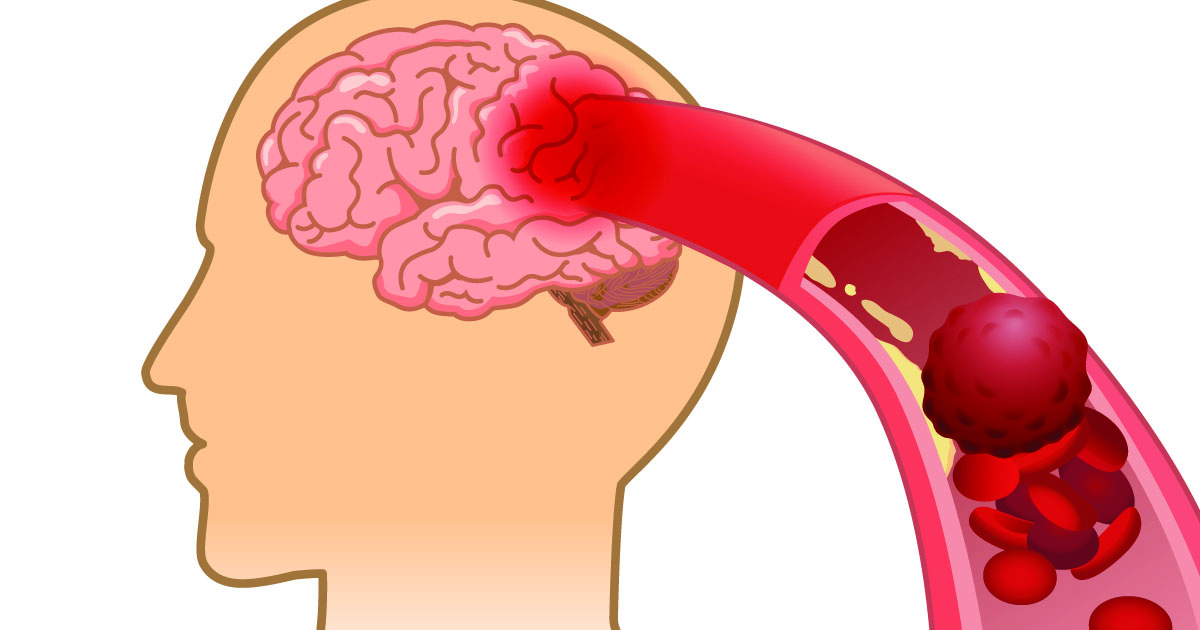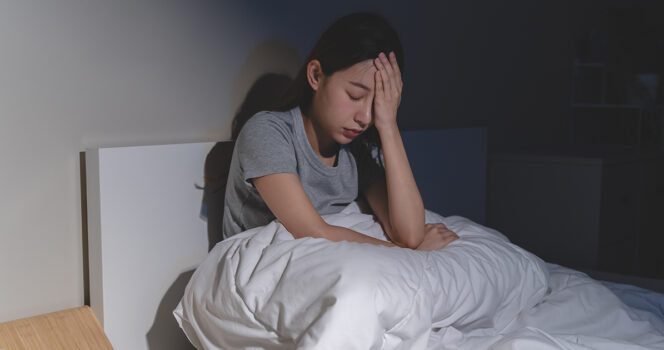Breathe in Peace: Jasmine Flower Power for Anxiety and Depression
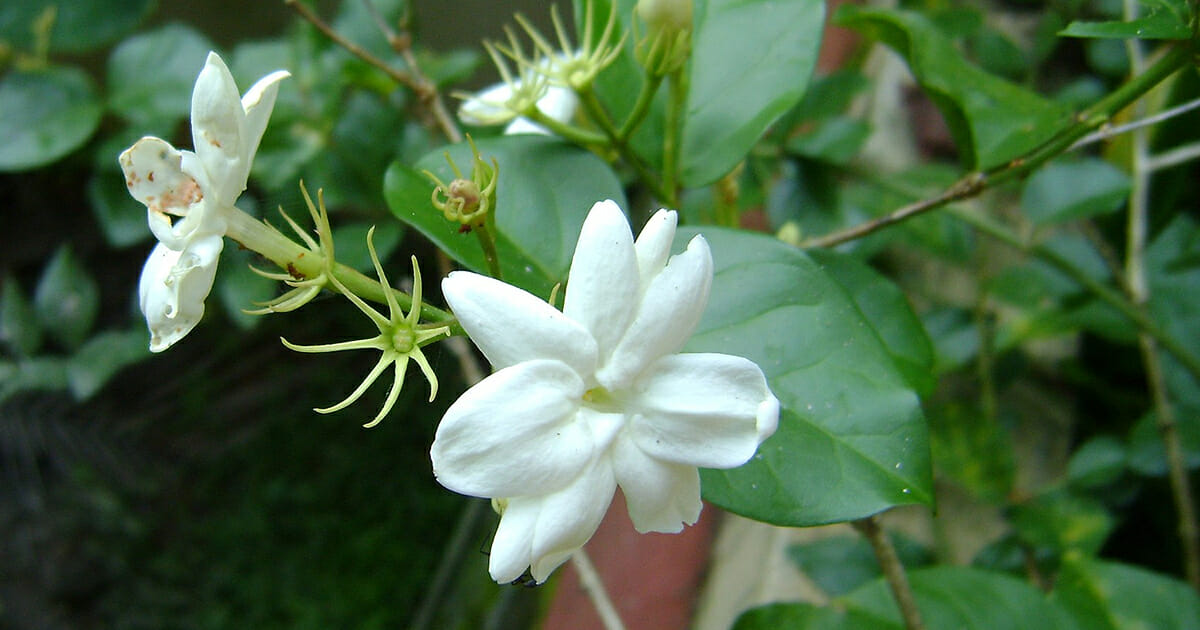
The jasmine genus includes many different plants and flowers that are both pleasant-smelling and beautiful to look at. That’s probably why they are used in oils, various types of perfumes, and incense. It is also used in tea for additional flavor, often in combination with white or green tea.
There are many species in the genus that people use as potted and garden plants.
But apart from all those benefits we have already mentioned – did you know that a jasmine flower in the house can have great health benefits?
Research has shown positive signals.
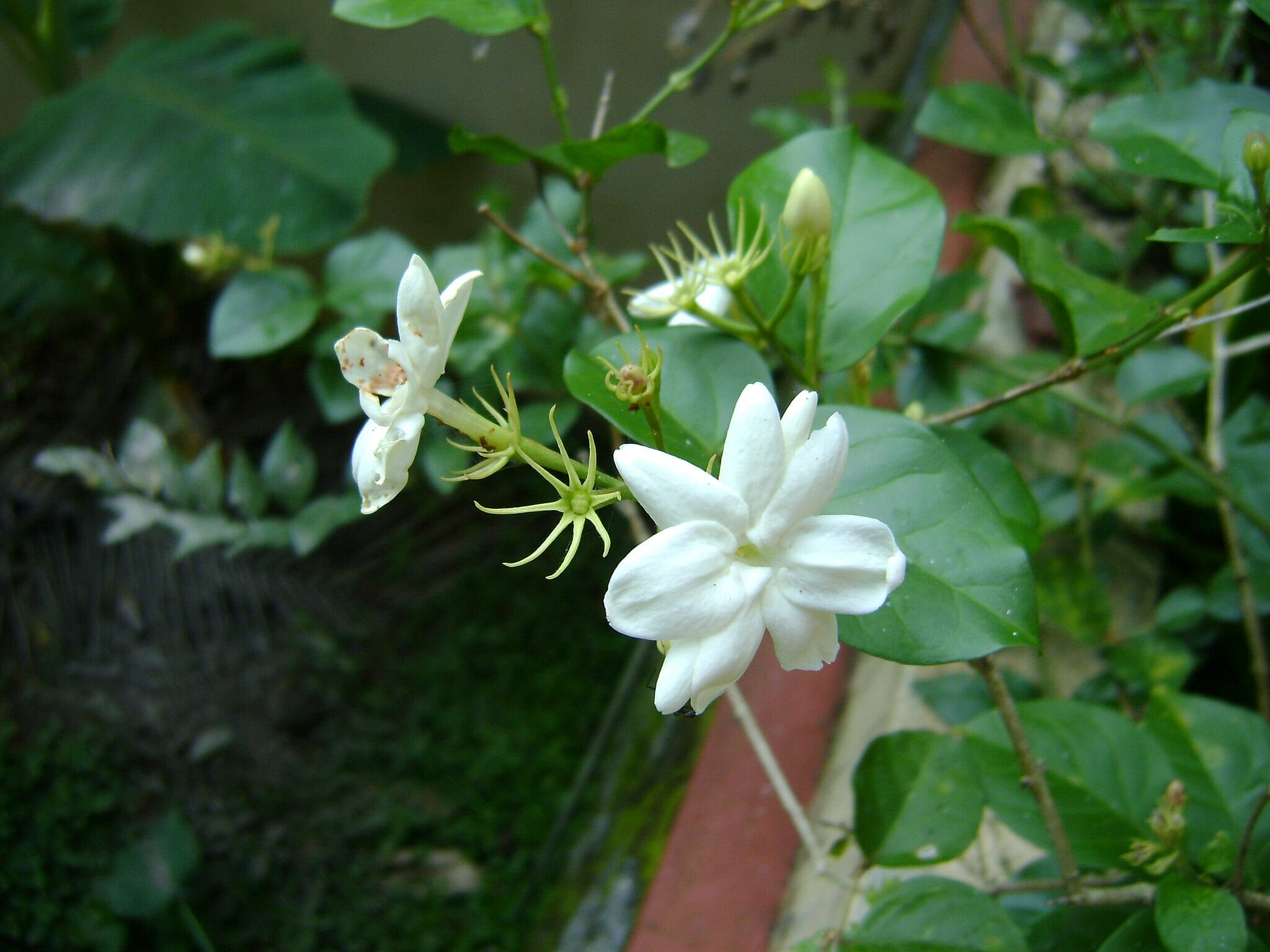
The study, led by Professor Hanns Hatt of the Faculty of Biology and Biotechnology at the Ruhr University in Bochum, concluded that “the results may also be seen as evidence of a scientific basis for aromatherapy”.
The researchers examined how mice reacted after being exposed to the scent of jasmine, as well as jasmine oil.
Their discovery? The mice became calmer, stopped being active, and instead sat quietly in a corner, seemingly unaffected.
Perhaps the pleasant scent of jasmine had made them calmer? The researchers began digging deeper to find more evidence that could support this hypothesis.
After conducting a brain scan on the mice, they could see that the scent of jasmine increased the effects of a chemical (GABA) that relieves anxiety and causes us to sit quietly and calmly, according to this study published in the Journal of Biological Chemistry, says Healthy Food House.
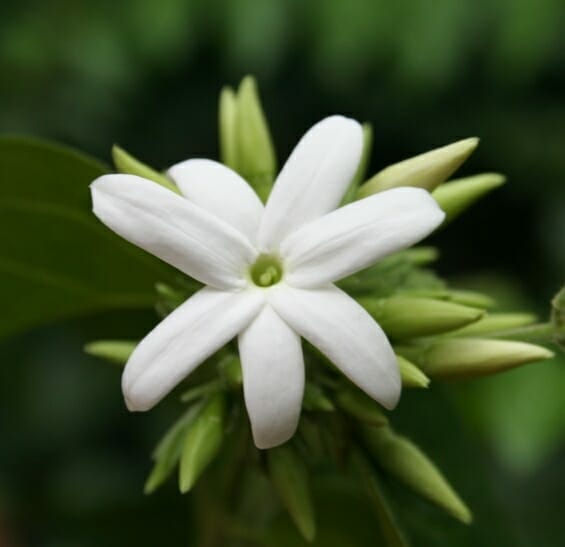
Good for sleep, according to researchers
This indicates various benefits of jasmine. First, the flower can reduce anxiety and nervousness, improve our cognitive performance and alertness, and enhance sleep quality.
Another study, conducted at Wheeling Jesuit University in West Virginia by Dr. Bryan Raudenbush, concluded that the scent of jasmine had similar positive health effects on, among other things, sleep quality, states worldhealth.net.
While it is interesting to read about aromatherapy, it is important to note that not all researchers agree. Some researchers who have analyzed studies on aromatherapy as a form of treatment suggest that the effects are likely not strong enough for the treatment of anxiety disorders, as mentioned in the British Journal of General Practice.
“Based on a critical assessment of the six studies regarding relaxation, the effects of aromatherapy are likely not strong enough to be considered for the treatment of anxiety. The hypothesis that it is effective for any other indication is not supported by the results of careful clinical investigations,” write researchers Cooke and Ernst in the report.
Of course, this article should not be seen as any form of medical advice. If you have problems, contact your doctor or another healthcare provider for help and support. On the website of the Brain Foundation you can find more information about anxiety disorders.
Please share if you think more people would like to receive this information.

